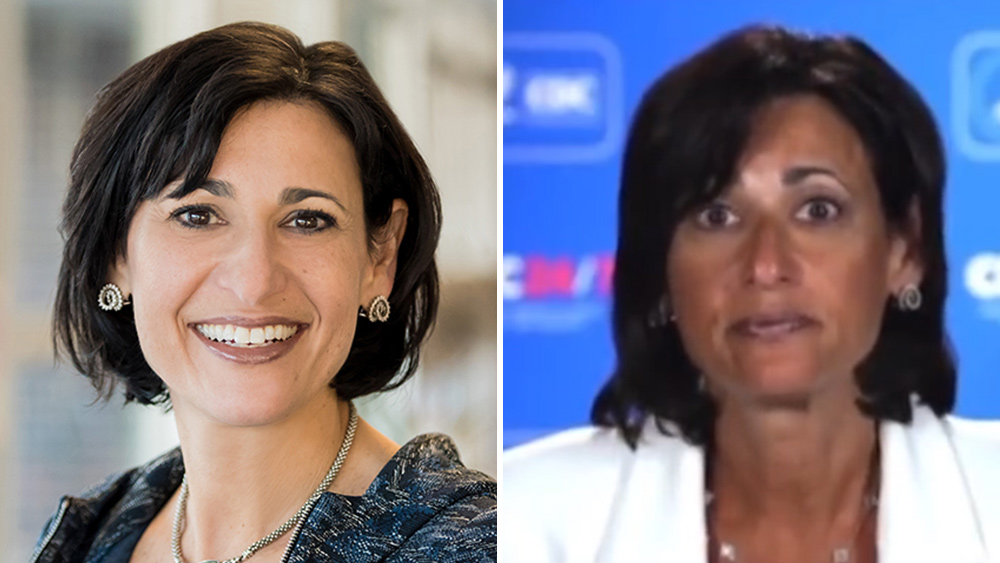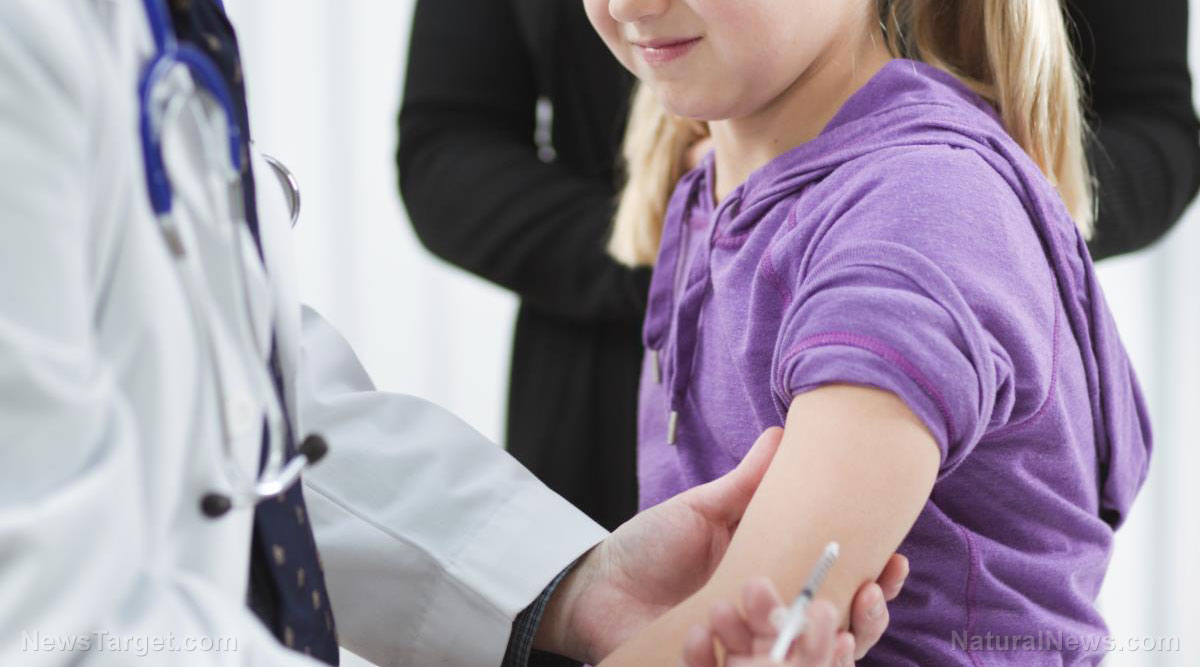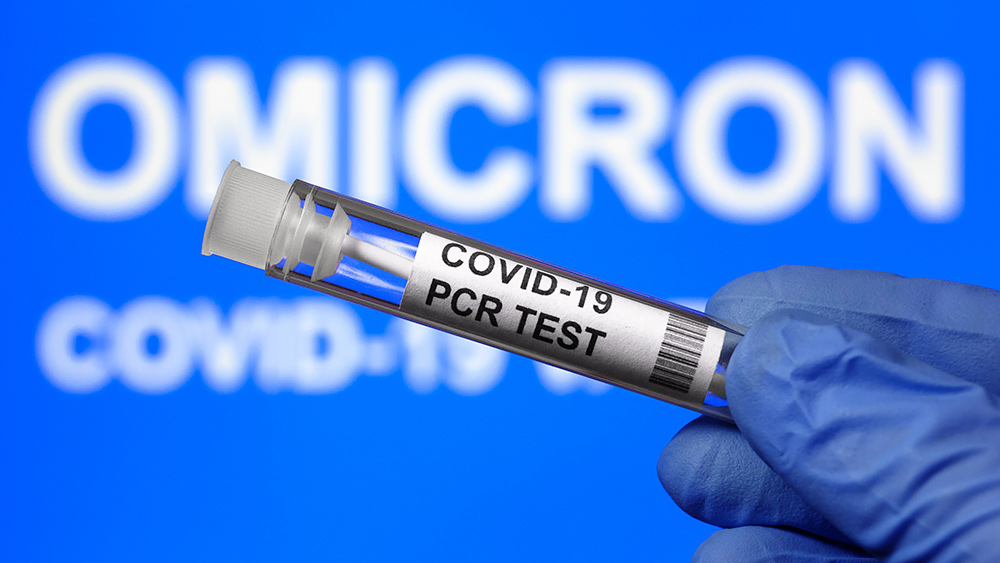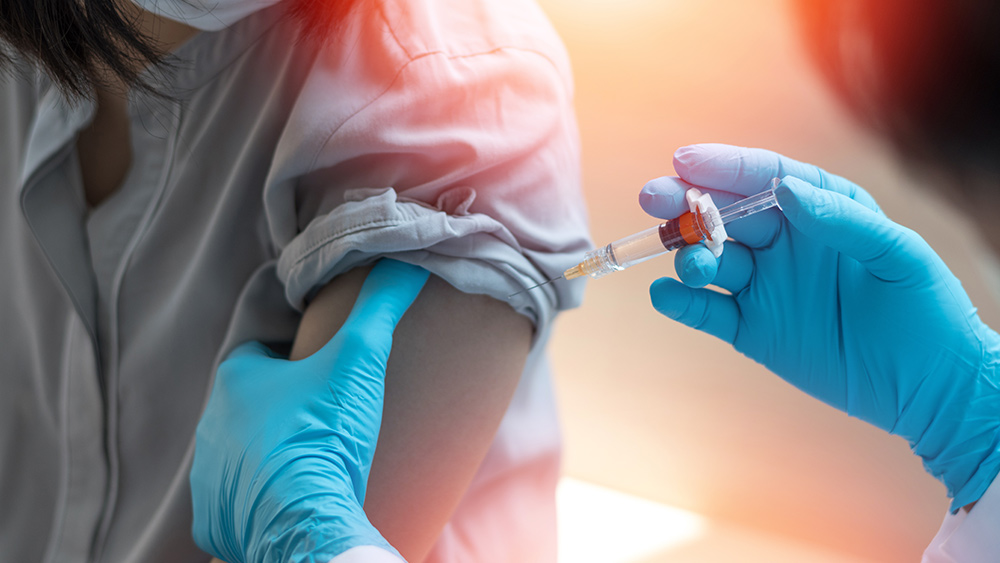The Zelenko Report with Ann Vandersteel: Pfizer avoided strict regulation thanks to emergency use authorization, says Karen Kingston – Brighteon.TV
09/30/2022 / By Arsenio Toledo

Former Pfizer employee Karen Kingston noted that the emergency use authorization granted to the Big Pharma company’s Wuhan coronavirus (COVID-19) vaccine by the Food and Drug Administration has allowed Pfizer to avoid strict regulation and distribute a poorly made and deadly vaccine.
Kingston, a former Pfizer sales representative for the company’s branch in New York, left the company and turned into a whistleblower following the Big Pharma corporation’s creation of the COVID-19 vaccine. She talked about how Pfizer created this drug with Ann Vandersteel during the Sept. 29 edition of the latter’s Brighteon.TV program, “The Zelenko Report.”
According to Kingston, Pfizer’s COVID-19 vaccine did not go through the FDA’s strict approval process – and it didn’t have to since it was granted emergency use authorization by the FDA, which later gave the vaccine full approval.
“There are distinct legal differences between a product that’s used for emergency use authorization versus a product that goes through the FDA approval process, also known as the Initial New Drug application process,” said Kingston.
Kingston added that any company that wants to put its products through the Initial New Drug application process agrees to subject those products to a wide range of consumer protection laws, namely the Federal Trade Commission Act of 1914 and Title 21 sections 300 and 500 of the United States Code.
For Pfizer’s COVID-19 vaccine, this means it would have been prohibited from starting phases 2 and 3 of drug trials if it puts people “at unnecessary risk,” said Kingston.
Kingston added that Pfizer would have also been prohibited from giving the product to any “woman of childbearing age that might affect their reproduction,” and to any children who are not at risk for the disease the product is marketed at defending against, especially if it could increase the risk of children to “any kind of disease, disability or death.”
Kingston: Under EUA, willful misconduct is legal
Because Pfizer’s COVID-19 vaccine was under the protection of emergency use authorization, it avoided being put through intense scrutiny and rigorous testing before being distributed for widespread use. (Related: No, Pfizer can’t use the government as a shield from liability for making false claims about COVID vaccine, lawyers argue.)
“Under emergency use authorization, willful misconduct is legal,” Kingston said. “The point of EUA is simply to get a product to market if there is a chemical, biological or a virus agent that is a threat to national security.”
By contrast, Kingston said the point of putting products through the FDA approval process is to prove that those products are safe and effective.
“So, if you look at all the documents and the law – I mean, all the FDA documents, the applications, the Department of Defense contracts, you’ll clearly see that it states over and over again that the emergency use product from Pfizer and BioNTech is separate,” said Kingston. Meaning, the product didn’t go through the normal process before being injected to millions of Americans and billions worldwide.
Learn more about Big Pharma companies at BigPharmaNews.com.
Watch this Sept. 29 episode of “The Zelenko Report” with Ann Vandersteel featuring Karen Kingston as they discuss the liability shield that prevents people from suing Big Pharma.
“The Zelenko Report” with Ann Vandersteel airs from Monday to Friday at 1-2 p.m. on Brighteon.TV.
More related stories:
Pandemic profiteering: Pfizer to earn a whooping $54 billion by year’s end, thanks to COVID-19.
More evidence emerges proving Pfizer committed fraud during COVID-19 vaccine trial.
Sources include:
Submit a correction >>
Tagged Under:
big government, Big Pharma, conspiracy, corruption, covid-19, deception, emergency use authorization, FDA, government regulation, insanity, law, Pfizer, rigged, traitors, vaccine wars, vaccines
This article may contain statements that reflect the opinion of the author
RECENT NEWS & ARTICLES
Pandemic.News is a fact-based public education website published by Pandemic News Features, LLC.
All content copyright © 2018 by Pandemic News Features, LLC.
Contact Us with Tips or Corrections
All trademarks, registered trademarks and servicemarks mentioned on this site are the property of their respective owners.



















